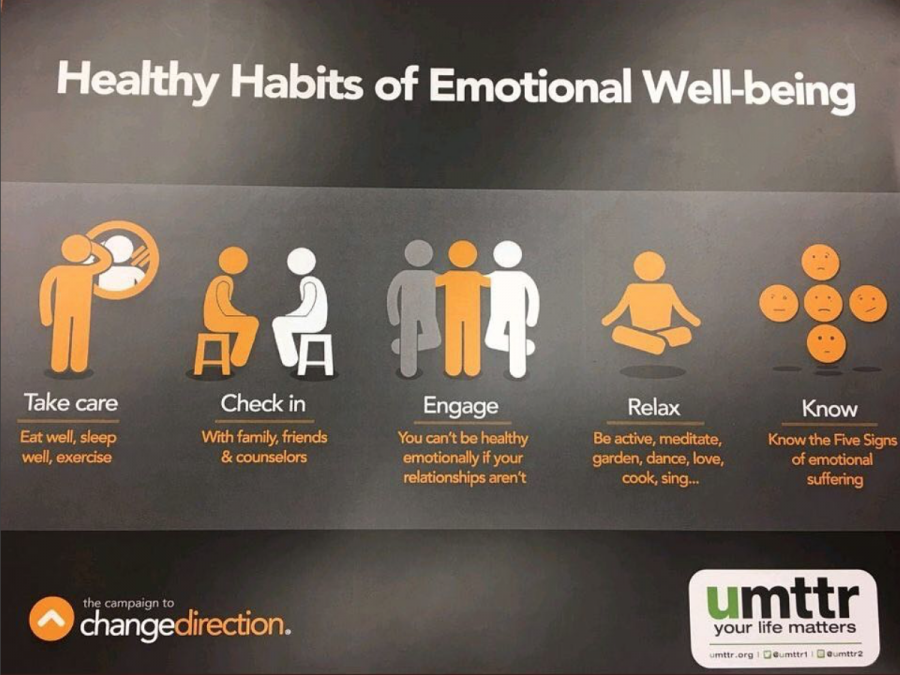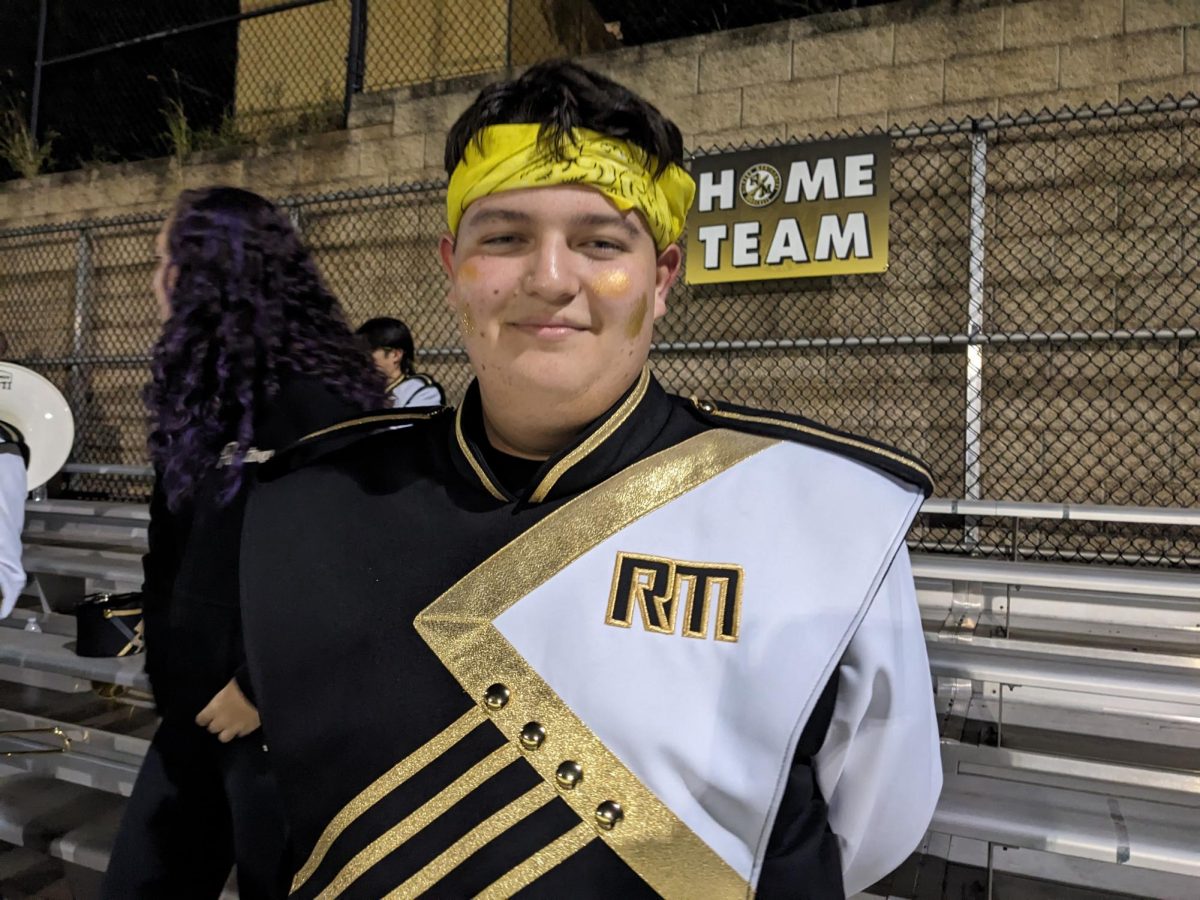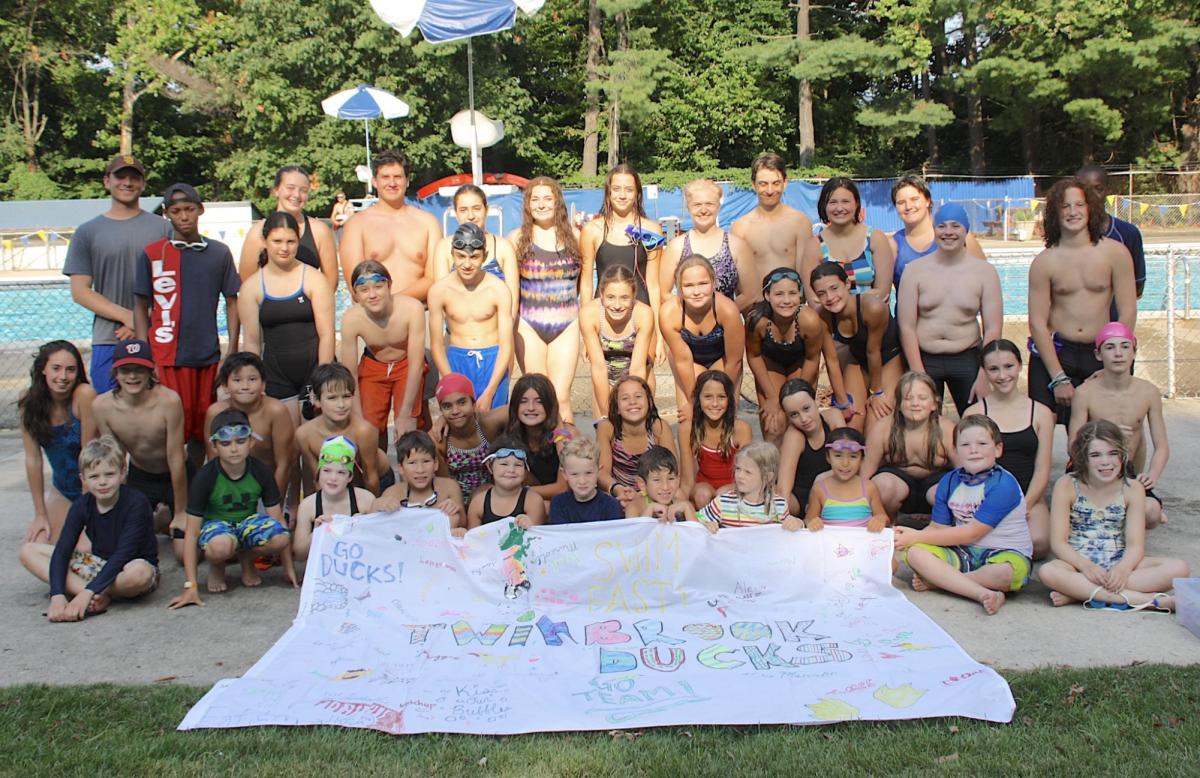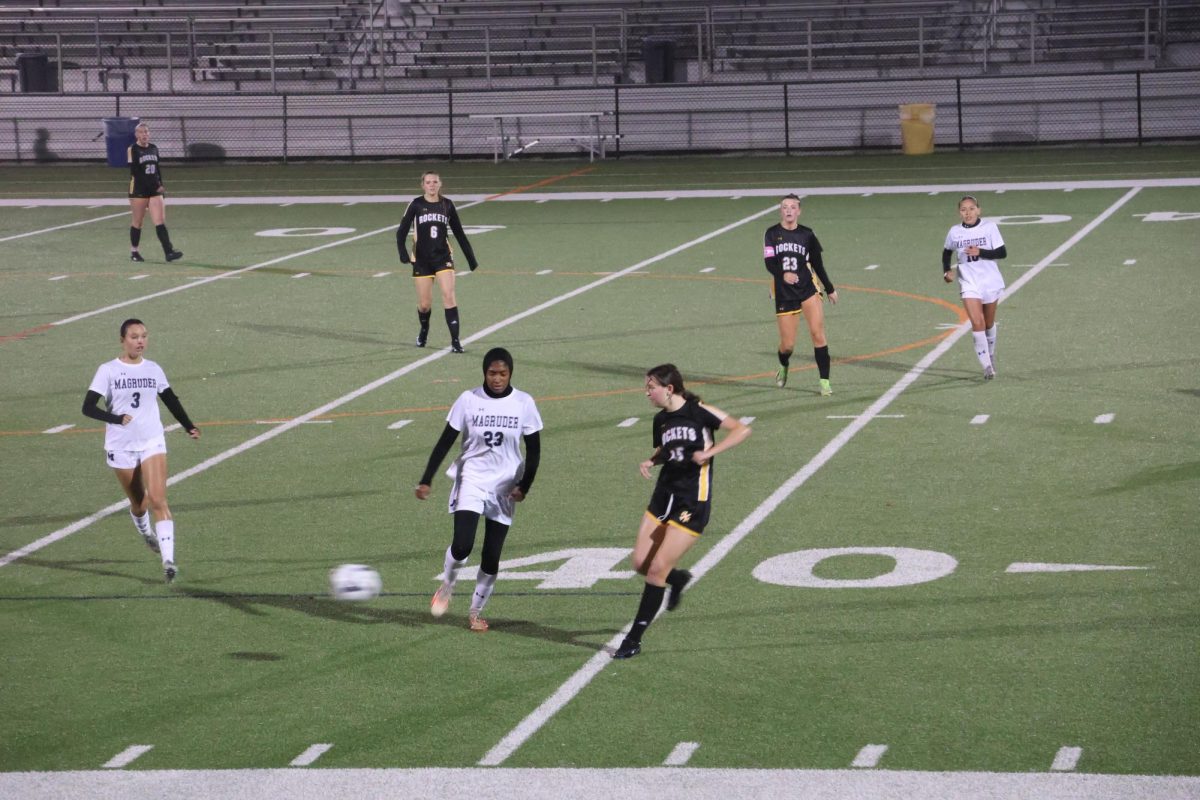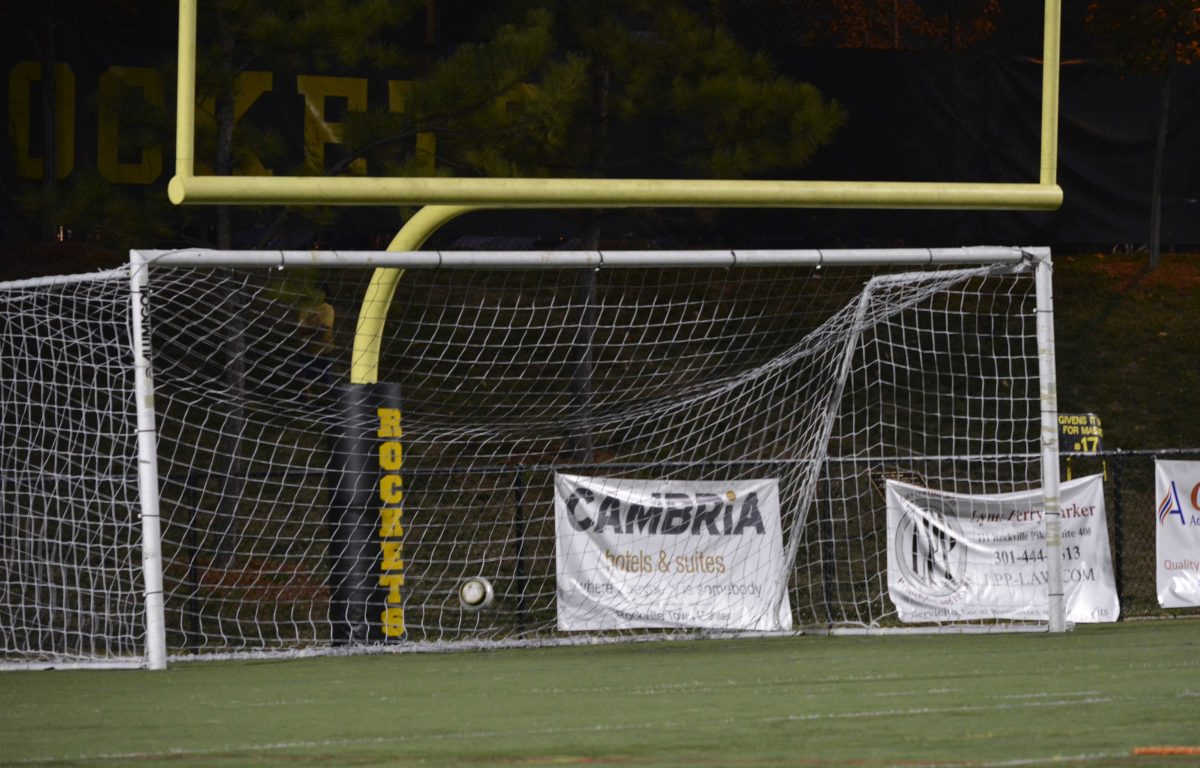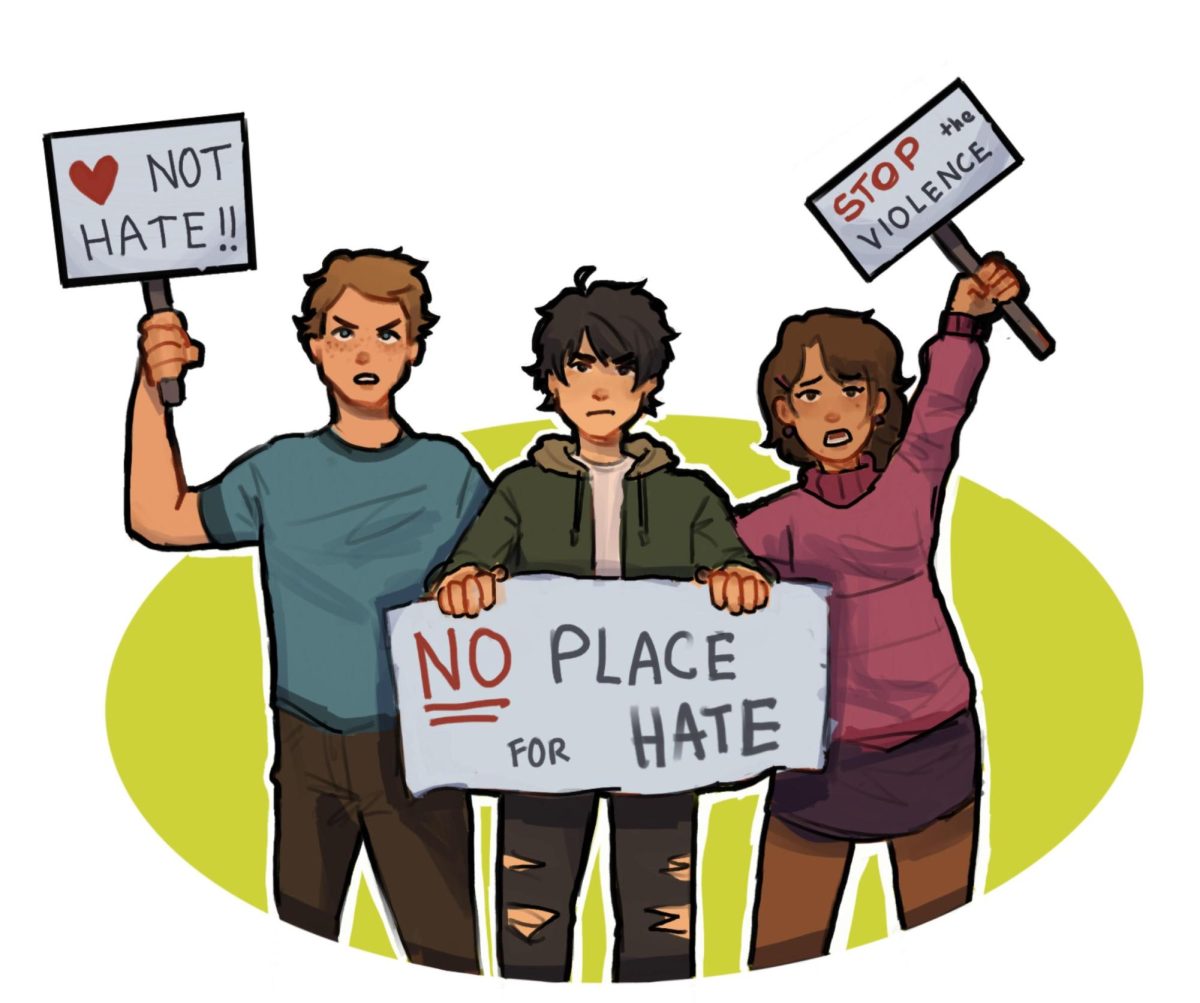In early December, hearts and prayers flooded social media as Montgomery County lost two students to suicide within the span of a week.
To describe their passing as a loss is euphemistic, at best. Lost, after all, is an ironically ambiguous word. Often accompanied by the word found, it suggests some brief absence quickly resolved by a return to normalcy. But the loss of two MCPS students is irretrievable.
And while the Snapchat stories sent in a flurry of shock and grief over the first weekend of December were characterized by their speedy viewing frames, the county’s mental health mobilization effort cannot be anything if not enduring.
Jojo Greenberg was a sophomore at Walt Whitman High School, and Tommy Silva was a junior at Walter Johnson High School. Although neither Greenberg nor Silva attended RM, their deaths have reverberated profoundly with the Richard Montgomery community.
Throughout the past few weeks, many students have begun a mosaic effort to raise mental health awareness and provide a backbone of support to their peers. Frustrated at the lack of a firm countywide commitment to mental health, RM students are clamoring for a chance to make a difference in their community.
After hearing news of Greenberg’s and Silva’s deaths, sophomore Jonathan Mortman and senior Rachel Herman decided to create an initiative called the Teen Depression Awareness Campaign (T-DAC, for short). Within weeks, they have accumulated a strong social media presence and have created a website (accessible here).
The movement has quickly gained traction and now engages representatives from nine different schools in Montgomery County (including two private schools, Sandy Springs Friends School and St. John’s School). These affiliate students work with umttr, a student-led suicide prevention campaign assembled after Churchill sophomore Evan Rosenstock took his own life in 2013.
The fledgling organization will expand in coming weeks and pivots on a central belief expressed by Mortman: “It’s time to stop being reactive, and start being proactive.” Mortman and his peers hope to raise awareness of depression and help teens receive the resources necessary for their emotional well-being.
T-DAC does not stand alone in its work; on walls throughout the school building, posters from the BTheOne initiative have been plastered since mid-October. This countywide effort, spearheaded by Montgomery County Executive Ike Leggett, is a public outreach and education campaign to limit suicide and substance abuse. The posters instruct friends and classmates to reach out to those who may be mentally distressed and provide foundational support.
Countywide student-elected SMOB Matt Post will also be hosting a Student Forum on Mental health on the evening of January 8 (registration information can be found here).
As students and county officials bend towards progress, the administration’s first schoolwide announcement came a week after news of Silva’s passing. In an RMBC video on December 11, Mr. Monteleone expressed his desire to help the school community and introduced Ms. Phillips, head of the counseling department, as well as Ms. Levine, the school psychologist. He said, “Remember, you have everybody in this building who cares about you and wants you to be successful.”
Mr. Monteleone described briefly the creation of a “blanket flash plass” to address some student concerns about staff support. Such a pass should excuse students unconditionally from class to visit their counselor for mental health support. “We realize that when a student is overwhelmed with a mental health condition it can be difficult to engage in the learning process,” stated Ms. Phillips.
Although counselors may seem like the most obvious source of support, other adults at RM are also equipped to address student mental health concerns. RM’s school psychologist Ms. Levine is typically in the counseling office on Tuesdays and Wednesdays.
To describe her role in the school building, Ms. Levine said, “I am here to help students thrive and succeed in the face of various challenges! More specifically, school psychologists help support social-emotional learning by providing direct support and interventions to students.”
But these resources are not corralled by RM’s doors. Ms. Phillips said, “We refer students for outside support if they are seeking therapeutic interventions…. We have a partnership with the City of Rockville Therapist who is able to meet with students on a 8-10 week basis.”
The counseling department has hosted forums of its own in the career center, beginning on December 11, for students to openly discuss mental health red flags they have observed. However, senior Sue Lee, as well as junior Rose Kelly, question the effectiveness of voluntary efforts.
“I think it’s better to have mandatory counselor meetings where students are sat down and put in place so they can share their opinions, instead of having to voluntarily go out,” stated Lee. Kelly described her personal experiences after her counselor directly contacted her and said, “I appreciated that she took the initiative, and I was honest with her when she prompted me.”
Many RM students use the lunch period to attend club meetings or meet with teachers, rendering little time to hit pause in their busy schedules. For the most part, like Kelly, students do not seem comfortable in asking for personal help from adults in the building, unless somehow preempted. Senior Sam Norman said, “I think I feel more comfortable with teachers than most kids and I’m not really comfortable talking to them about stress.”
In an effort to redress this student-to-teacher barrier, staff members, prompted by the administration, recently have made a deliberate effort to ask their students about stress levels and homework difficulty. Increased dialogue between students and faculty alike marks a broadening of a shared effort towards combating mental health stigma. Senior Ami Wong suggested, “Emailing administration if you have any problems or suggestions could be very effective–I found administration to be very receptive to us.”
Wong, as well as school president Albert Zhang, represented the class of 2018 in a discussion with Mr. Monteleone. As a result of their conversation, Mr. Monteleone put in place a no-homework weekend for the senior class from December 15 to December 17, and teachers have agreed to limit the number of short-term homework assignments.
The school and county-wide mobilization to support students with depression or other mental health concerns has been nothing short of timely; Wong, for instance, decided to talk to Mr. Monteleone after posting a survey in an RM Facebook group for seniors to evaluate the stress levels of her peers.
She stated, “The results were definitely very telling. I don’t want to go into too much detail, but there were definitely problems that were basically universal and deeply rooted in the workload.”
Seniors are rapidly facing their future head-on— come midnight of December 31, the ball will drop into the year of their graduation. “As a senior, the school climate has gotten strenuous and tense in that assignments and college applications and extracurriculars are all piled onto us,” Lee added.
Wong stated, “While there are definitely a lot of problems that are exacerbated because of the workload and mental health issues, I think it also strengthens friendships or even bonds between strangers.” Her optimism is not readily apparent across the board.
“The whole environment’s a pressure cooker,” said Kelly. “Students are pushed to break and I think a lot of it originates in the student body. There’s so much competition.”
She also noted the cautiousness with which the school administration has approached the topic. “Mr. Monteleone can say the word suicide. Everyone’s been tiptoeing around the issue but we all know that it’s present and we all know that it’s real and no one’s been willing to face it head on,” Kelly argued.
No quick fix or magical formula can remedy the often hidden wells of stress, depression, or anxiety. “Mental health is a topic of interest embedded in the culture of our school and it’s not an issue we can fix overnight,” said freshman Michelle Zhao.
Despite reservations and words of caution, recent initiatives of students and faculty alike are constellated with small successes. Nevertheless, the work to tackle mental health issues need not be delegated solely to student and staff activists; all students milling through Main Street can support their peers and remain mindful of the implications of their words and actions.
The past few weeks attest to a pressing need for action, and the RM community has been responding to that obligation. Propelled by news of two student suicides, these nascent groups at Richard Montgomery hope to reach some convergence point of platform and policy. Yes, change may not arrive quickly— so only a persistent, dogged effort will support student wellbeing at RM and throughout Montgomery County.


